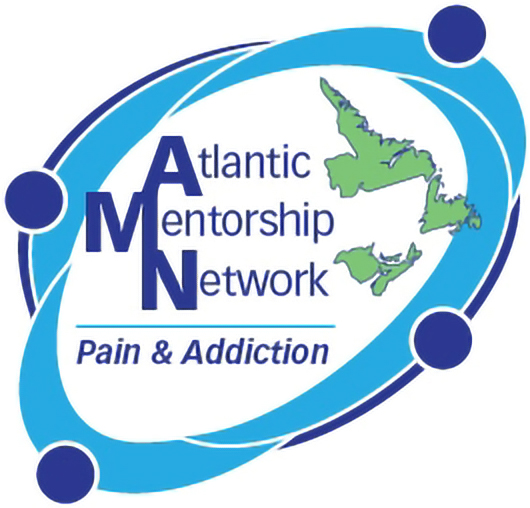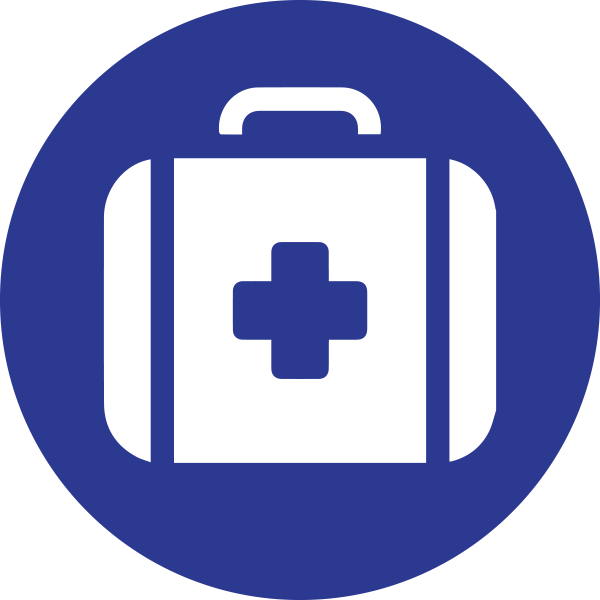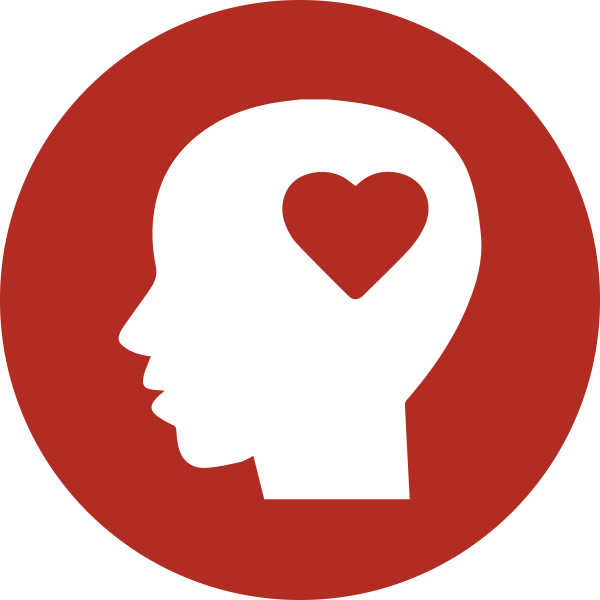Competencies
Foundational
1 Implement standardization of assessment and measurement of pain and addiction
Learning Objectives
- Describe quantitative and qualitative approaches to the diagnosis and assessment of pain and addiction as well as their limitations. (i.e., pain scales, DSM-V criteria, UDT)
- Employ and interpret validated screening tools used in the context of co-occurring disorders
- Assess for motivation to change and demonstrate skills to enhance patient participation
- Describe common evidence-based theoretical frameworks for psychosocial counseling
- Demonstrate a basic understanding of SBIRT
- Differentiate presentations that are emergent from those that are urgent and non-urgent
- Differentiate acute pain from chronic pain
Recommended Resources
- Substance Use Screening & Assessment Tools (Document)
A variety of evidence-based screening tools & assessment resource materials.
- Mental Status Examination (Document)
The psychiatric equivalent of the ‘physical exam’ in assessing a patient with mental health needs.
- The mechanics of back pain and the secrets to a healthy spine (Video)
An explanation of the mechanics of back pain and the secrets to a healthy spine.
- McGill, Stuart. Back Mechanic: The secrets to a healthy spine your doctor isn’t telling you. Gravenhurst, Ontario Backfitpro Inc. {2015} (Book)
A guide through a self-assessment of pain triggers, and how to avoid the roadblocks to recovery.
- Primary Care Management of Substance Use (Document)
This handbook guides primary care providers in screening, treating, and supporting patients with substance use.
- Practical Approach to Substance Use Disorders for the Family Physician (Document) A quick reference Booklet to assist family physicians in recognizing and treating nicotine, alcohol, and opioids.
- Fleming K, Volcheck M. (2015).Central Sensitization Syndrome and the Initial Evaluation of a Patient with Fibromyalgia: A Review (Article) Consideration of central sensitization and symptom neurophysiology in patients with fibromyalgia and medically unexplained symptoms.
- Understanding Stigma (Free online self-directed course) The course is designed to assist health care providers and frontline clinicians develop strategies to improve patient-provider interactions and overall care for people with mental illness including addiction.
- Powell RA, Downing J, Ddungu H, et al. (2010). Pain History and Pain Assessment (pp. 67-78) (Article)
A look at what an accurate, comprehensive pain assessment should entail.
- Best Practices across the Continuum of Care for the Treatment of Opioid Use Disorder (Document)
Outlines the standard of service that should be implemented to provide person-centered care to all people experiencing harms from opioids.
- Korownyk C, Perry D. et al. (2019) Managing opioid use disorder in primary care (Article)
The guideline provides recommendations for identifying and treating patients with opioid use disorder in primary care. It provides a simplified, shared care decision-making approach to common questions experienced by primary care clinicians and their patients with opioid use disorder.
- Discussing Urine Drug Results for Clinicians (YouTube channel Video)
The video presents an approach to open discussion when non-prescribed substances appear in a patient’s urine drug screen.
- Raouf, M., Bettinger, J. J., & Fudin, J. (2018). A Practical Guide to Urine Drug Monitoring. (Article)
Urine drug monitoring is an important tool for substance misuse or abuse and adherence to a prescribed regimen
- Argoff CE, Alford DP, Fudin J, Adler JA, Bair M. J, Dart RC, Gandolfi R, McCarberg BH, Stanos SP, Gudin JA, Polomano RC, Webster, LR. (2018).
Rational Urine Drug Monitoring in Patients Receiving Opioids for Chronic Pain: Consensus Recommendations. (Article)
A review of recommendations regarding the use of urine drug monitoring as part of ongoing risk management in patients prescribed opioids for pain.
2 Develop patient-centered goals
Learning Objectives
- Conduct a comprehensive assessment
- Assess patient preferences and values to determine pain and addiction-related goals and priorities
Recommended Resources
- The ASAM Standards of Care (pp. 8) (Document) This section of the document addresses the multi-components of a comprehensive assessment for a person with addiction.
3 Support patients in a non-judgmental way
Learning Objectives
- Demonstrate empathic and compassionate communication during assessment
4 Integrate Equity, Diversity, and Inclusion (EDI) principles in the process of evaluating pain and addiction
Learning Objectives
- Be able to identify and address cultural barriers to collecting and interpreting assessment information
- Be able to identify racial and other biases that might impact how client information is collected, quantified, or communicated
- Recognize and respond appropriately when cultural marginalization is uncovered during the assessment
Recommended Resources
- The Dangers of Othering in the Quest to Belong (TED)
The author unravels the complexities of Othering through her personal experience and how it can shape one’s self-concept. She shares how Othering can begin in the family and connect to race, class, gender, sexual orientation, and power.
Advanced
1 Implement standardization of assessment and measurement of pain and addiction in complex situations
Learning Objectives
- Demonstrate assessment skills in patients with added medical complexity
- Demonstrate assessment skills in diverse patient populations
- Undertake an assessment of co-occurring disorders, including co-occurring substance use disorders, mental health conditions, and chronic medical conditions, especially persisting pain
- Assessment of traumatic brain injury in the context of a substance use disorder
- Understand the nuances of assessing patients with language and other cultural barriers in a Canadian regional context
- Assess a patient with a substance use disorder through pregnancy, labor, and delivery






